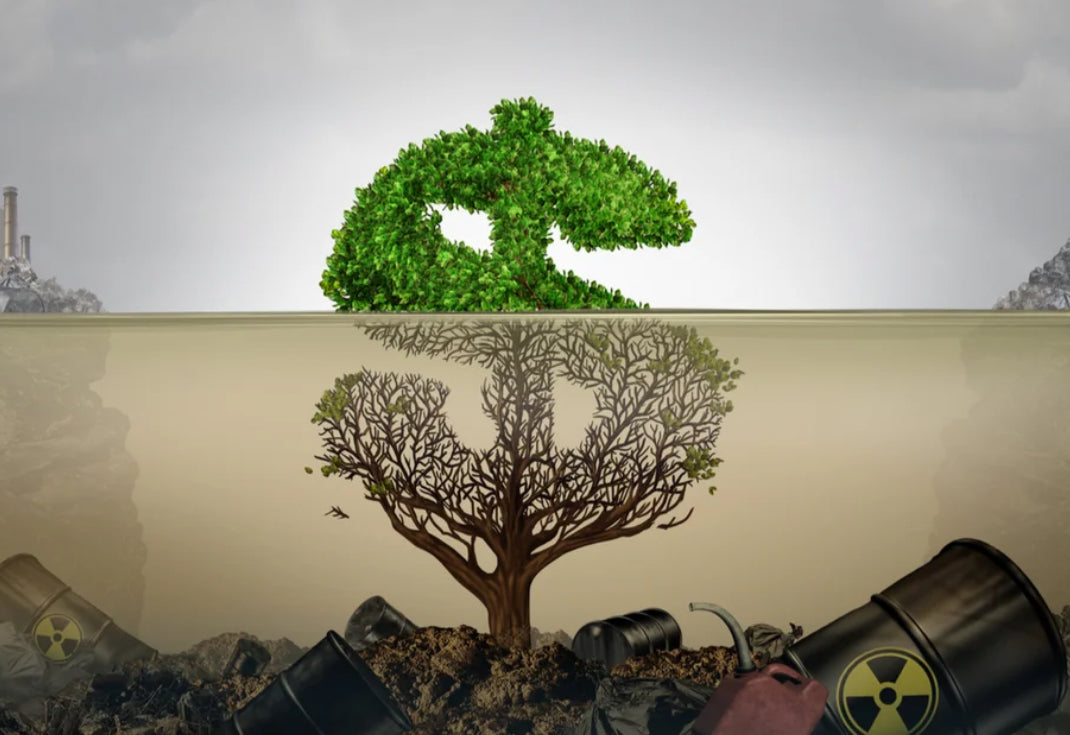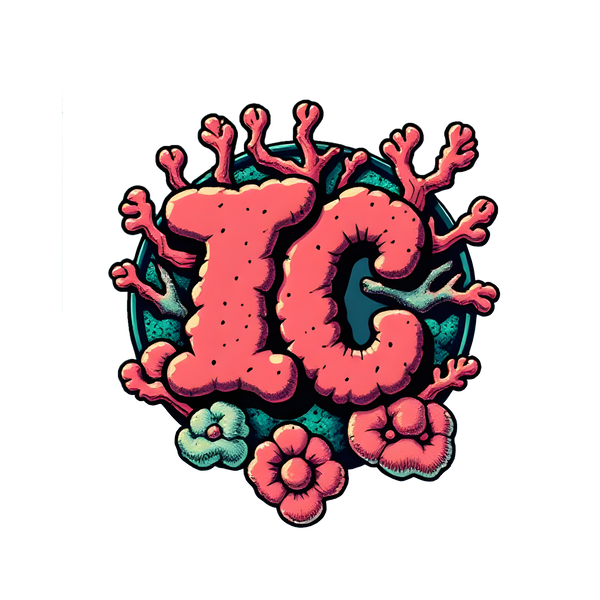
Trash in Disguise: Eco‑Brand Greenwashing
Today, over 75–199 million tons of plastic waste enter our oceans each year—yet many products claiming to be “ocean safe” still rely on new, single‑use plastics. Companies label items as “eco-friendly” or “reef-friendly” without real verification—even though global greenwashing cases fell 12% in 2024, high-severity incidents rose by 30%. This means deceptive, high-impact claims are becoming more dangerous and more common.
How Greenwashing Tricks You
Vague terms: Words like “eco-friendly,” “sustainable,” or “ocean safe” often lack scientific definitions or third-party verification.
“Hidden trade‑offs”: A product may tout its recycled plastic content—even 30% recycled—while ignoring bigger impacts like fossil-fuel-based production or toxic dyes.
Bogus eco‑labels: Many eco-stamps are self-declared and unregulated. While hundreds of “eco-labels” exist, many have low standards and almost no oversight.
Real World Fallout
A 2021 study in Europe found that 42% of green claims were exaggerated or false—highlighting how widespread the deception is.
In the UK alone, 76% of consumers identified false or misleading sustainability claims as greenwashing—and 1 in 5 consumers abandoned brands because of them.
Regulators are stepping in: The EU’s Green Claims Directive, enforced since late 2024, requires specific, scientifically backed, and independently verified claims, with penalties for vague messaging—especially in fashion.
Spotting Greenwashing in a Flash
Want to avoid falling for eco-lies? Here’s what to look for:
-
Unsubstantiated superlatives: Terms like “ocean friendly” without certifications are red flags.
-
Missing lifecycle transparency: Brands that highlight recycled content but ignore sourcing, processing impacts, or product end-of-life tell only half the story.
-
Small, verifiable certifications: Look for trusted, independent labels like EU Ecolabel, USDA Organic, or Fair Trade—not ones that appear only on a brand’s own website.
To see greenwashing in action and understand its real-world impact, here’s a concise video from NBC that breaks down what greenwashing means—and why it matters to all of us trying to make better choices for the planet.
Where Immoral Coral Steps In
At Immoral Coral, we do more than say we’re eco—our actions prove it:
-
Our apparel uses recycled ocean plastics—each shirt equating to 6 plastic bottles worth of recycled material.
-
We publish sourcing data transparently and refuse vague claims.
-
Our coastal cleanups remove real plastics—from bottle caps to beach debris—before they shred into microplastics.
-
Soon, our Ambassador Program will equip vetted creators with gear at-cost, so they can teach others how to see through eco-lies—and speak for the ocean.
When a shirt says “ocean safe,” we want it to mean ocean safe.
Wear the truth. Restore the ocean.
